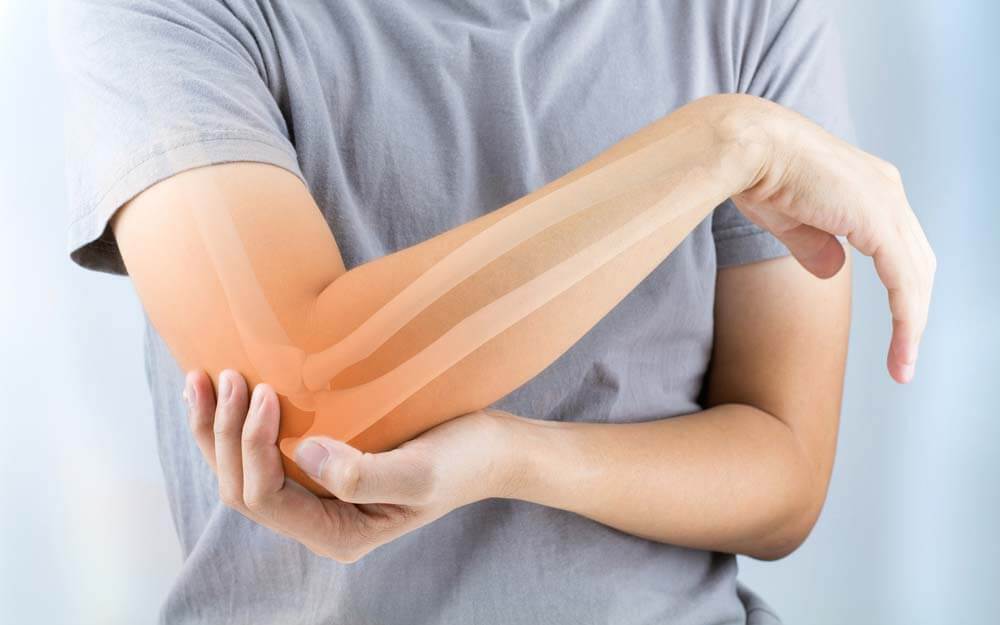Joint Pain Relief: General Health Throughout the Seasons
It’s almost that time of year again. Soon, the temperatures will begin to rise, and the rain will begin to fall. Even the smallest atmospheric changes can have a huge reaction in our bodies. Whether the weather will bring joint pain or sniffles, it’s certain to affect you in some way. Why does this happen? What changes aren’t you noticing? What do you need to worry about? It’s all much less complicated than you might think.
There are a few things that happen to everybody when the weather changes, but the symptoms of them can change from person to person. For example, everytime the temperature rises or falls, it causes a major change in your body that you could miss you whole life: your blood vessels contract and expand. When it’s cold outside, your body wants to keep blood in the most important parts, like your heart. To do this, it cuts off your extremities by beginning to close the blood vessels. It won’t completely shut them off unless it needs to, but it wants to be prepared. Conversely, when the weather is warmer your body needs to keep blood moving. This can lead to drastic changes in blood pressure, and occasional blood vessel breakage.
Another common problem is headaches and migraines — they plague 1 in 8 Americans. Headaches are much more of an issue in the spring and summer. The major cause is exposure to sunlight. A few more hours of bright light each day can put a strain on your optic nerves, and lead to a headache. The change in blood pressure may affect this as well. If you’ve ever felt like your brain is pulsing against your skull, that’s because it is. A sudden change in pressure outdoors leads to migraines as your blood begins to pump faster, causing your brain to expand beyond its capabilities.

Why Your Joints Have Been Hurting
A change in pressure can also cause pain in your joints. When barometric pressure, or humidity, changes, it leads to a change in what your body needs to be mobile. Both of these things are a qualitative measurement of the air: they tell us what the air surrounding us is like. While doctors haven’t been able to find the exact link between joint pain and changes in the air, it’s hard to deny its existence. One leading theory is that a change in air quality also leads to a change in what our joints need to do. If they are putting in too much work, it causes pain. If they’re putting into little work, it causes strain, and, then, pain.
Contraction and expansion in bone connectors is another potential issue, similar to the migraines discussed before. Normally a great connector between two bones, cartilage, ligaments, and everything holding a joint together may not do their job the right way as barometric pressure changes.
Arthritis and the Changing Seasons
If an older relative has ever told you that a storm is coming, and backed the claim by saying, “I feel it in my bones,” I would urge you to listen to them. While some dispute the idea, there is a clear link between weather changes and arthritis flares. Humidity plays a factor, but temperature even more so. When temperatures drop, as they normally do after a storm, it causes ligaments and tendons to tighten up. This will lead to an almost immediate feeling of discomfort in people with rheumatoid arthritis, or osteoarthritis. It’s made even worse by the change in blood pressure. Too much blood to an arthritic part of the body can lead to a sharp pain while the body adapts, while too little blood will leave a dull ache for a longer period of time.
Old Injuries Flaring Up?
Bones and ligaments aren’t the only issue. If you have injured a muscle, you may feel it begin to ache when the temperature changes. Like blood vessels, soft tissue (muscle) expands and contracts with the weather. Muscles, of course, go through expansion and contraction every day. Your calf contracts every time you raise your foot, and your thighs expand every time you sit down. However, the expansion and contraction caused by a change in weather can irritate nerves. While this is fine under normal circumstances, areas of past injury may be sensitive.
If you find yourself in pain as the seasons change, you should consider consulting a doctor. Your general physician may help if the pain is weak, but with tougher cases an orthopedic doctor is recommended. This pain can be prevented, but it can’t be prevented without supervision.
Photo Credit: RD.com
